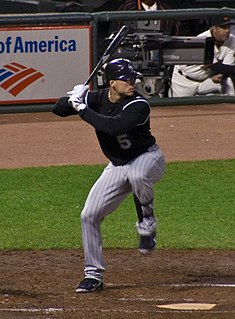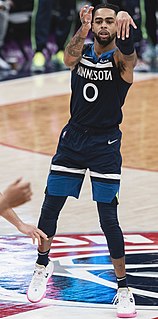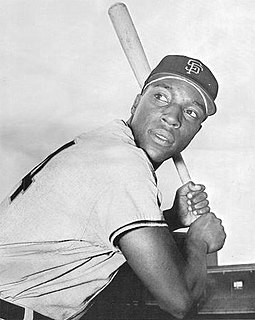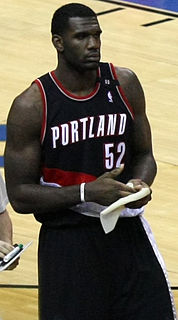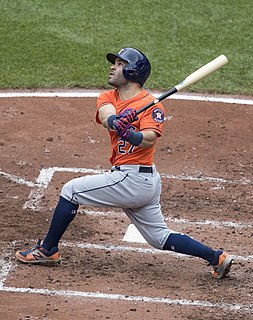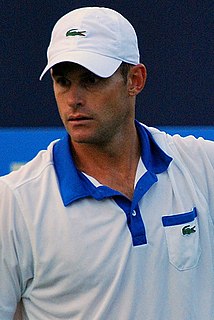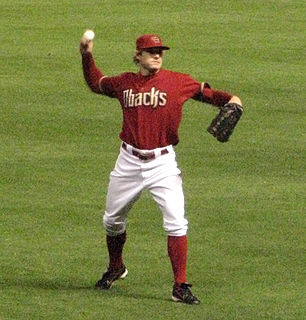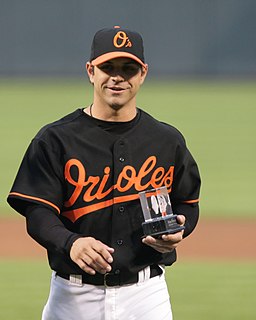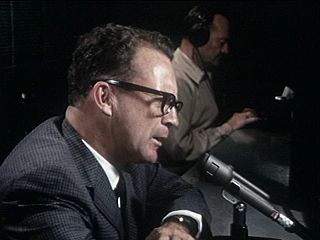A Quote by Matt Holliday
I never really worried about stats in the minor leagues. I was more concerned with getting better and bringing a positive attitude every day.
Related Quotes
Don't get discouraged. As far as I'm concerned, a positive attitude is the most important attribute any runner can have. You'll need it often. Every runner has bad days, every runner has occasional injuries, and every runner eventually slows down (take it from someone who has slowed down a lot). But as long as you maintain a positive attitude, you'll find ways to overcome the obstacles and continue running. After all, running offers countless rewards. It's simply up to you to find the ones that have the most meaning for you.
I'm concerned about the future of football, because we have paid a lot of attention to concussions. We are more aware of concussions. But it's really the repetitive minor injuries, the ones that are asymptomatic that occur on almost every play of the game, the sub-concussive hits: that's the big problem for football.
